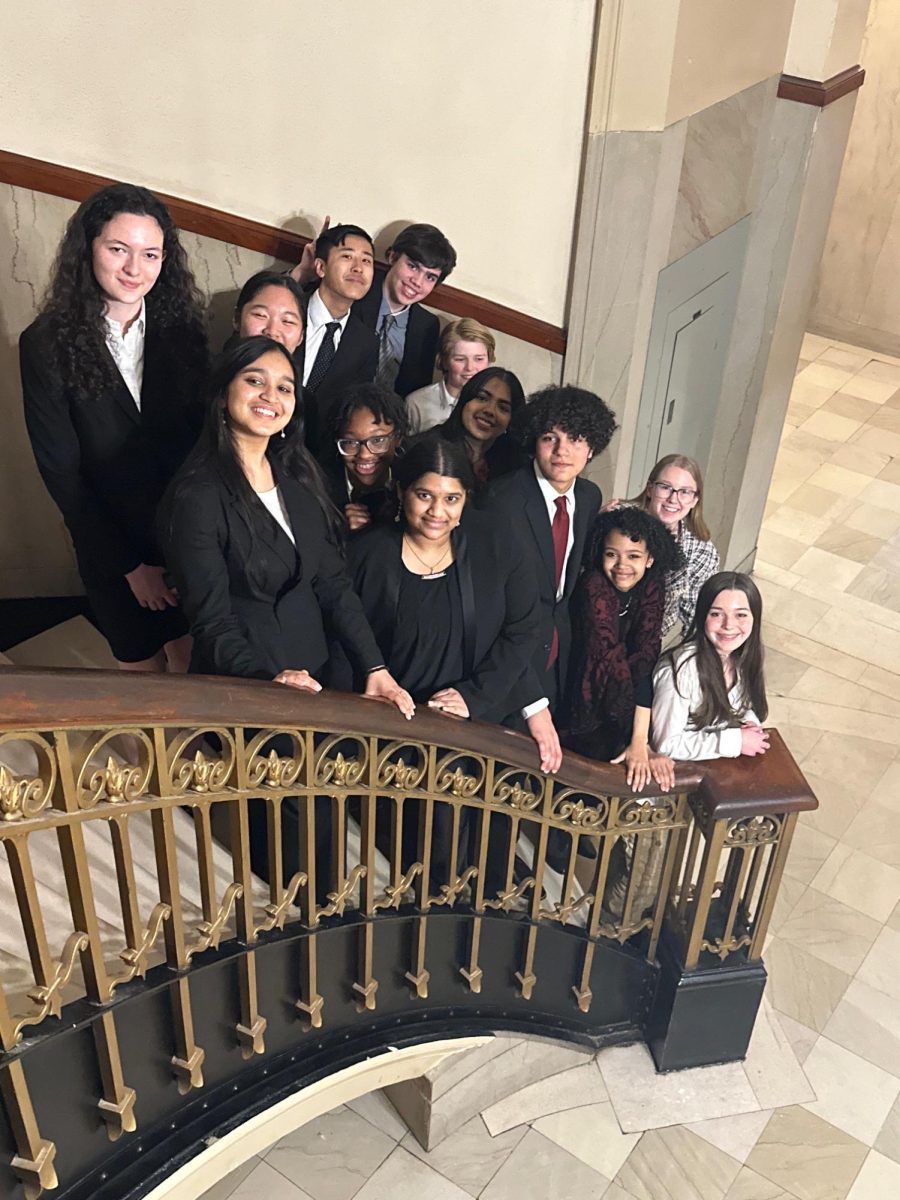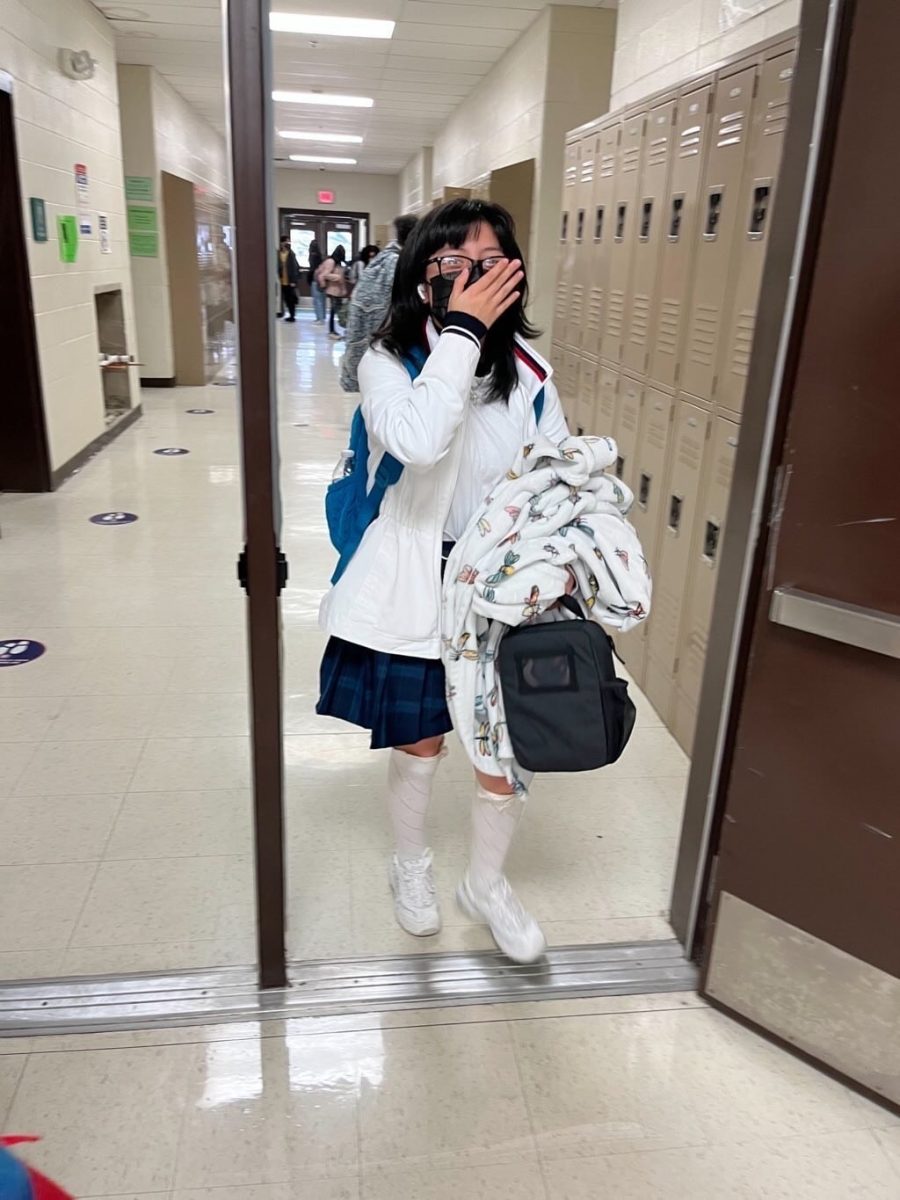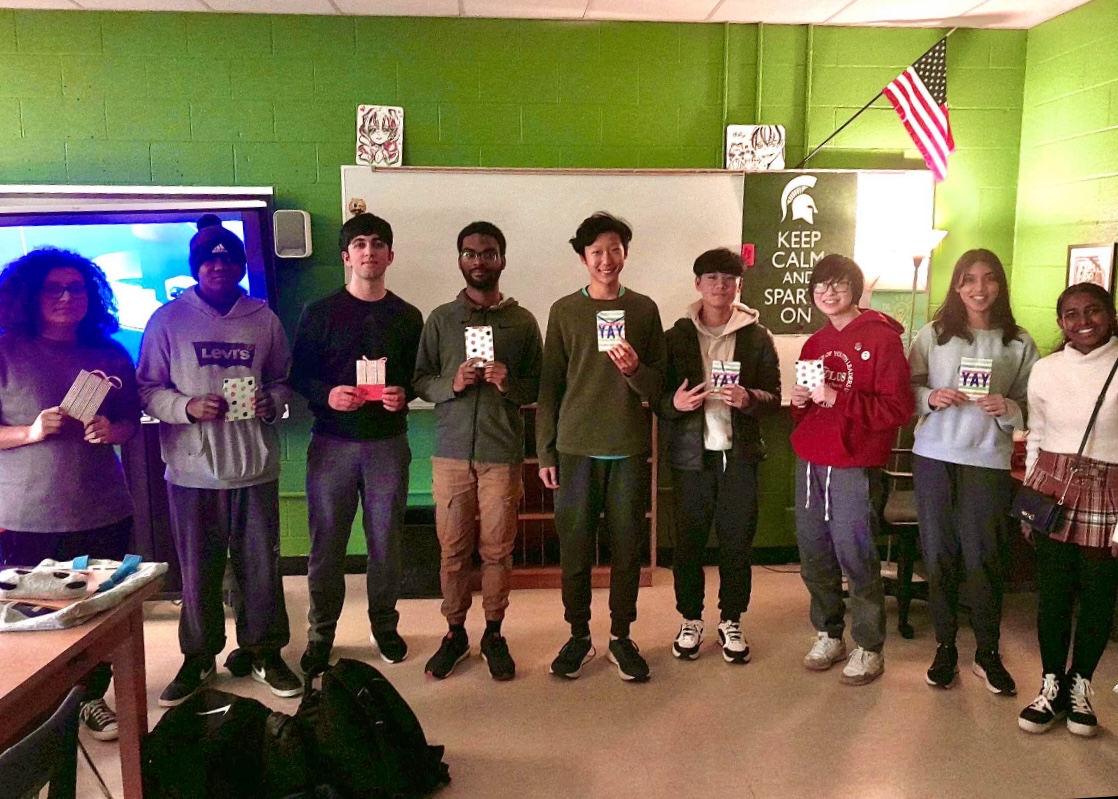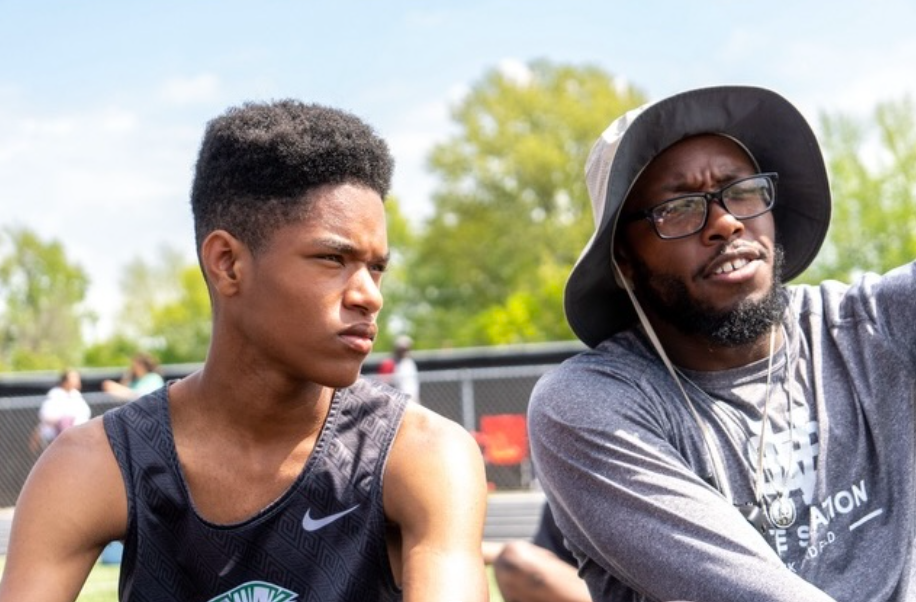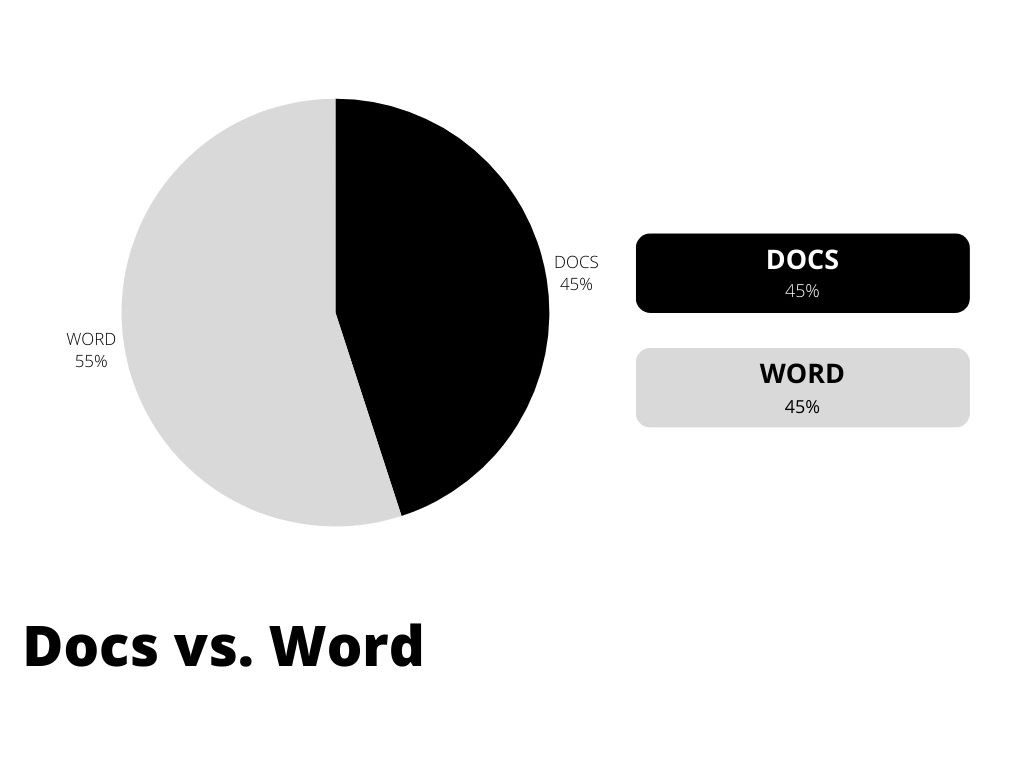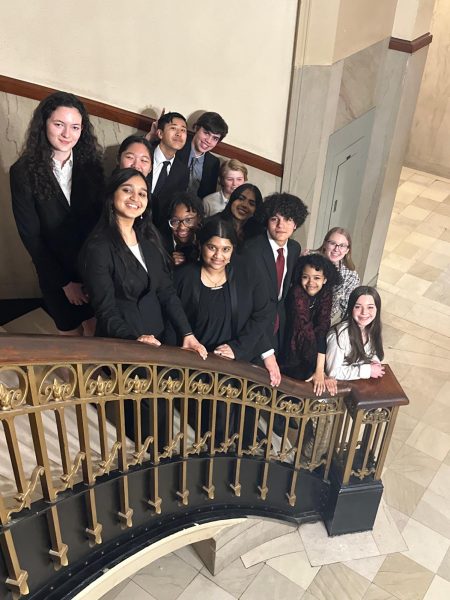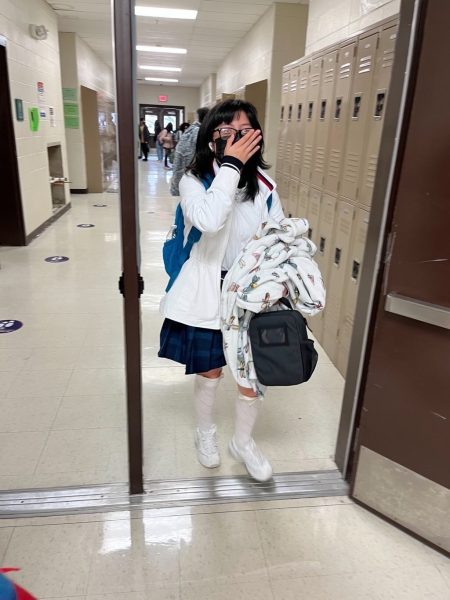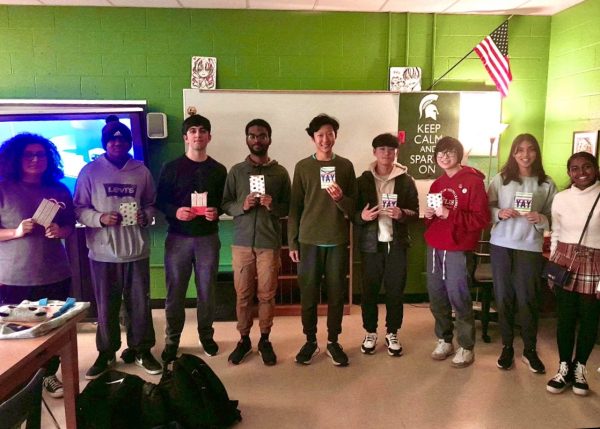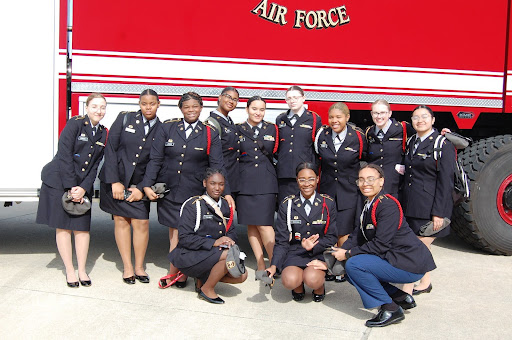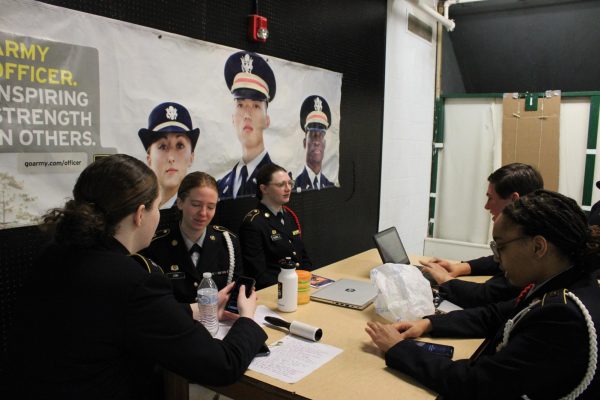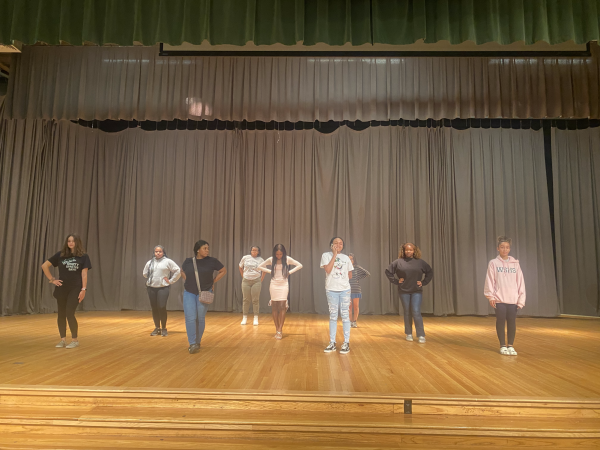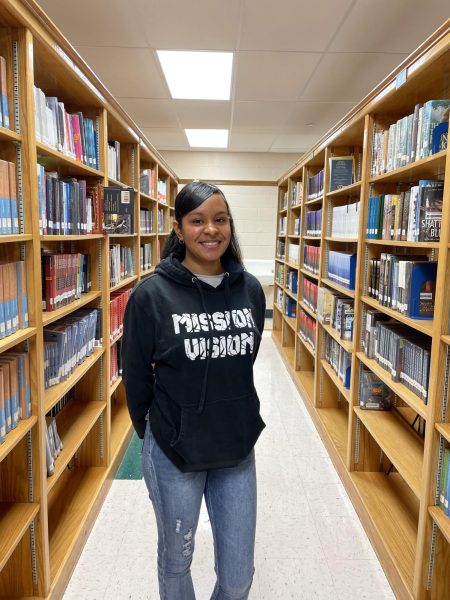The holistic view: considering special talents
Megan Cox / Used with permission
A piece from the college art portfolio of Megan Cox (12)
In a whirlwind of standardized testing, GPAs and resumes, students often feel the true character of their applications is lost. Colleges recognize this issue and strive to offer those with special talents in performance, athletics or the arts opportunities to give equal weight to interests which lay outside of the core classes.
Schools with music performance options require auditions. Choir student Claire Gerling (12) attended her audition for the University of Southern Mississippi in September. While she described the audition as relatively informal because of how early in the year it was held, she knows the general process well enough to offer some pointers.
Students are usually required to learn at least two songs, one in English and one in another language, for auditions, but this number varies. For example, one of Gerling’s potential colleges requires the performance of four songs, one in English and three in three different languages. She described her Southern Mississippi audition simply.
“[There were] a couple of people in a room watching me,” Gerling said. “They gave you a pianist to play your music, and you just sang for them, and they were like ‘Hey, cool. Good job.’”
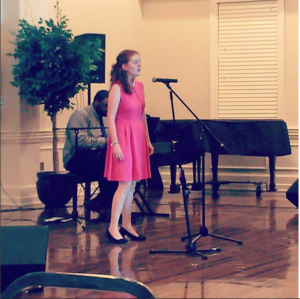
Claire Gerling (12) sings at the WSHS Choir Fall Dessert Concert.
Depending on the school a student auditions for, that student may not only be considered for admittance during the performance, but also for merit scholarships based on skill. Gerling believes this creates a “high pressure situation.” Some schools choose to schedule the applicant’s audition and admissions interview on the same day to maximize efficiency.
“Prepare early,” Gerling said. “Definitely realize that you are gonna have to put in a lot of work on your academics and on your music. Make sure you are learning your songs early whether you are playing an instrument or singing them.”
Track and field athlete Anterreon McClain (12) is in the throes of preparation for applications to schools from University of Memphis to University of Saint Mary’s. While certain colleges or sports require tryouts in-person from prospective students, McClain’s situation is, like much of a default application, based on numbers. However, his number (running time) is different from the default because it expresses effort in an activity he enjoys.
“I contact the coaches to see what I need to have prepared and what they require in terms of the times I need to be running,” McClain said. “Then I talk to my sergeant [Royce] Myers to develop a plan.”
Many colleges look for the same basic traits, like the ability to work hard, dependability and a GPA that is acceptable. An applicant’s diligence and persistence are tested by the training process.
“[The process] is really long, and the actual workouts are really challenging,” McClain said. “They also take a lot of time.”
AP Art student Megan Cox (12) has applied and been accepted to two schools, the University of Memphis and Savannah College of Art and Design, and is currently building an art portfolio for her third and final application.
Art schools place emphasis on a potential student’s portfolio.
“It’s more than just giving them your name and your personal information,” Cox said. “You have to show them who you are and what you do.”
At Memphis College of Art, admittance and scholarships are decided by a student’s previous work. Cox believes applicants should enter art contests to fill their resumes.
“Even if you don’t win anything, it still shows the college that you’re invested,” Cox said.
To avoid getting lost among the crowd, students should develop a personal “voice” for their pieces, achieved by a particular art style, subject matter or themes/patterns that are meaningful to the artist.
Cox supports the idea that applicants should challenge themselves. Memphis College of Art offers a portfolio day where artists can have their art critiqued and learn how to improve, so taking advantage of events like these to gain feedback is beneficial.
With so many annual applicants to colleges everywhere, admissions counselors need the benefit of information like a student’s involvement with choir, athletics, art, etc. because that information is crucial to understanding one’s personality.
“I get to show [the school] who I really am, and I am not just a piece of paper or just, you know, words on a page,” Cox said. “I’m actually more than that.”
Your donation will support the student journalists of White Station High School. Your contribution will allow us to purchase equipment and cover our annual website hosting costs.
